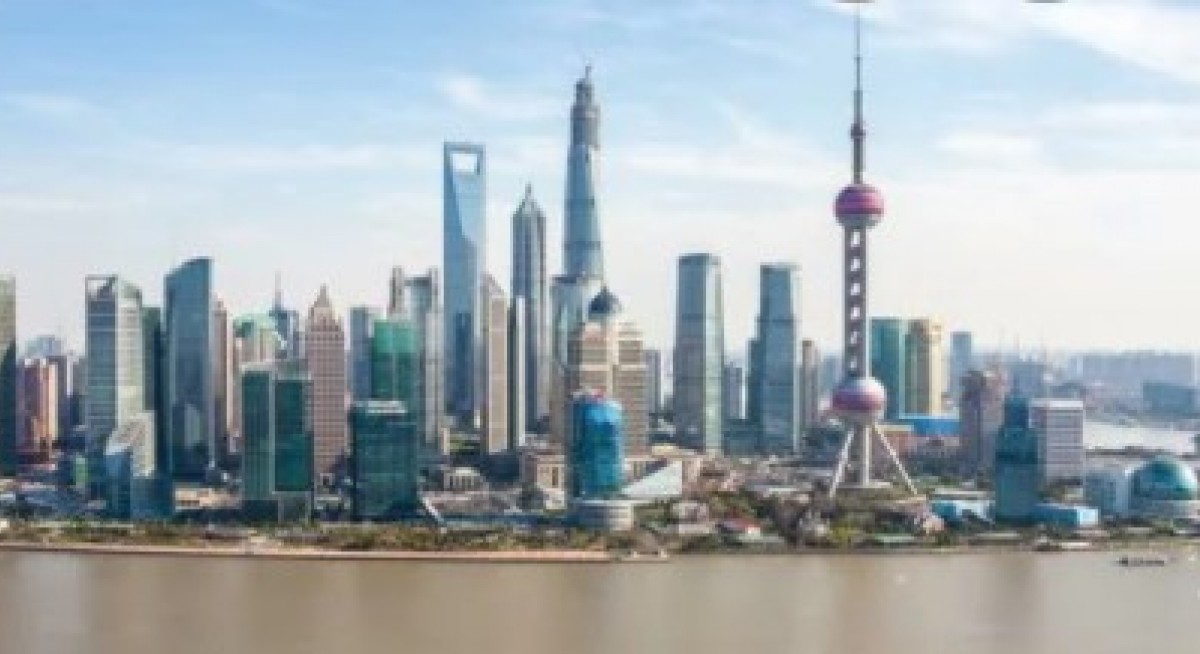The firm is looking into market rumors during the weekend that caused the selloff, according to an emailed response to queries from Bloomberg News.
Adding to the bearish sentiment, the Communist Party’s top decision makers reiterated the phrase that “housing is for living in, not for speculation” at the end of a three-day annual Central Economic Work Conference. The phrase hadn’t been used in Politburo’s preparatory meeting last week.
The addition clarifies “overly optimistic views” about outright easing of property policies, said Bruce Pang, head of macro-economy and strategy research at China Renaissance Securities Hong Kong Ltd. “I don’t think China will completely relax property policies,” he said.
Shimao was the biggest loser on a Bloomberg Intelligence stock index of real estate firms, which slid 1.7%. The firm’s dollar bond due 2022 fell 5 US cents on the dollar to 83 US cents, Bloomberg-compiled prices show.
See also: Azalea prices Astrea 9 class A-1 and A-2 bonds at 3.4% and 5.7% respectively
The declines broke the buoyant mood that dominated trading last week, when yields on Chinese junk dollar bonds fell the most in seven years. Beijing’s shift toward pro-growth policies had helped counter the long-anticipated defaults by China Evergrande Group and Kaisa Group Holdings Ltd.
Shimao is China’s 13th biggest developer by contracted sales and among the largest property debt issuers with about US$10.1 billion in outstanding local and offshore bonds. The company has a junk Ba1 long-term rating from Moody’s Investors Service and is on review for a further downgrade. Shimao lost its investment-grade rating at S&P Global Ratings last month, but has an investment-grade rank of BBB- at Fitch Ratings.
A bond issued by one of Shimao’s local units suffered the largest haircut in China’s exchange-traded repo market last week, according to Bloomberg-compiled data. Borrowers putting up a Shanghai Shimao Jianshe Co. note due 2025 for collateral get just 35% of the note’s face value as cash, down from 50% the prior week.
See also: Singapore's AAA bills offer an opportunity for US carry trade
The firm’s dollar bond due 2022 fell 5.8 US cents on the dollar to 82.3 US cents as of 1:17 p.m. Hong Kong time, Bloomberg-compiled prices show.
“A major price collapse or a downfall of Shimao will cause lapse in confidence in cross-over investment grade names in China property, which acts as the final refuge for the sector,” according to Anthony Leung, head of fixed income at Metropoly Capital HK. The impact could be more devastating than debt crises at Evergrande or Kaisa because they were of much lower credit quality, he added.
Shimao’s contracted sales will be weaker than S&P previously forecast due to “tough” business conditions, while the company may struggle to deleverage in the next 12 months, the credit assessor said on Nov. 10.
China’s property developers remain under pressure from slowing sales and a wall of bond maturities coming due in January, according to Citigroup Inc. analysts. That means credit stress has yet to reach a maximum and weaker firms are likely to default, the analysts said.



